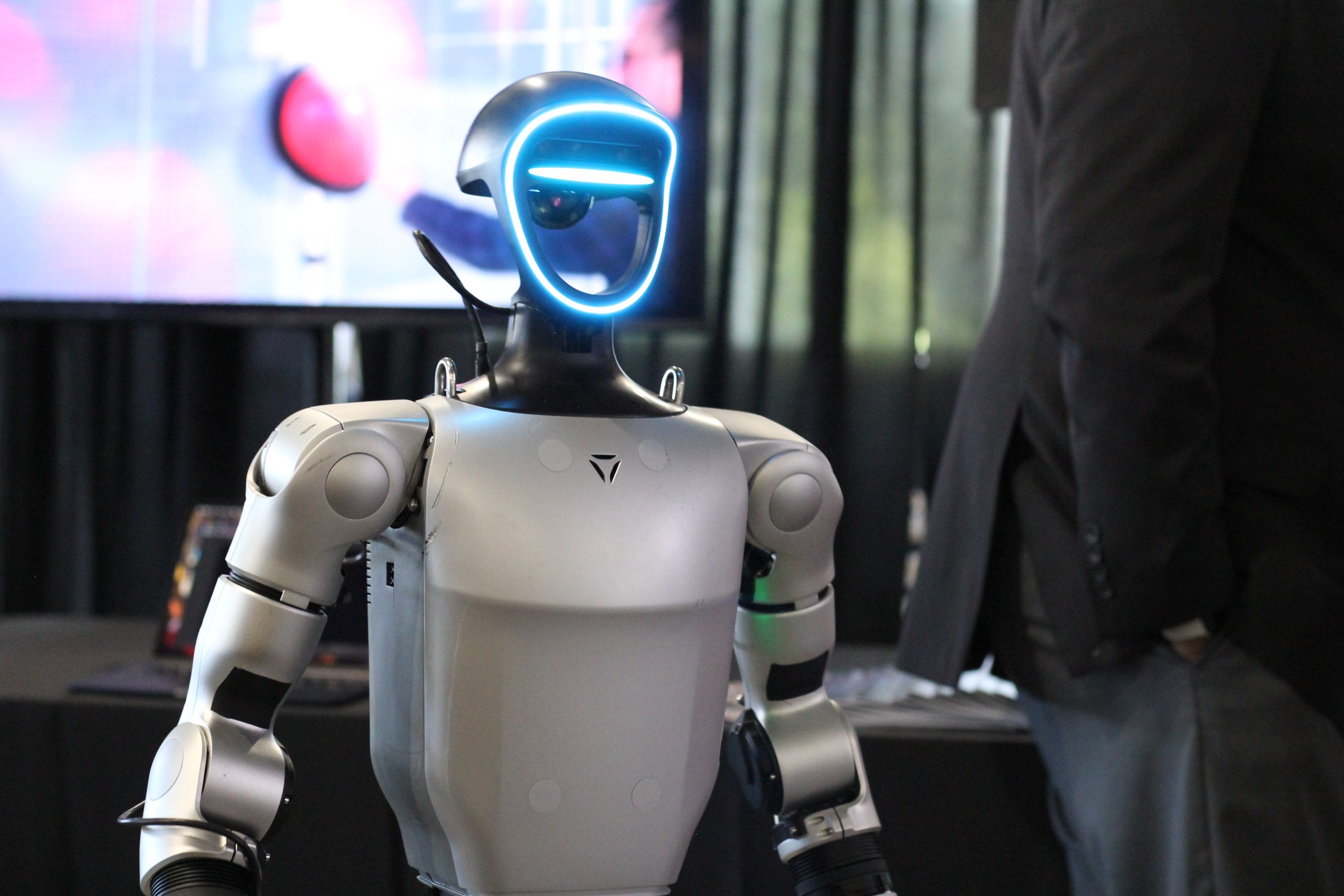The recent AI summit in Pittsburgh highlighted a significant push for artificial intelligence investment in Western Pennsylvania. Influential leaders, including Pennsylvania Governor Josh Shapiro and U.S. Senator David McCormick, gathered at Bakery Square to explore the evolving landscape of AI infrastructure, especially amid growing concerns about energy demands and environmental impact. Here are five key takeaways from the summit.
AI’s Role in Future Growth
- AI is Here to Stay: Industry leaders emphasized the transformative power of AI, cautioning against underestimating its potential. BNY Mellon’s CEO, Robin Vince, reiterated that neglecting AI could jeopardize competitive advantage over the next decade. Selin Song of Google Customer Solutions highlighted the company’s $25 million investment aimed at expanding AI training access to over a million small businesses in the region. This clearly signals that AI is not merely a trend but a crucial factor for business success and regional growth.
Major Investment Initiatives
- Competitive Landscape: The summit revealed that Google’s investment is part of a broader movement. Governor Shapiro noted Amazon’s announcement of a $20 billion investment into high-tech cloud computing and AI campuses throughout Pennsylvania, marking it as the largest private sector investment in the state’s history. Shapiro’s statement underlines a paradigm shift in the region’s innovation landscape and invites local businesses to engage proactively.
Energy Consumption Concerns
- Environmental Implications: The boom in AI investment raises critical concerns regarding its energy demands. Protesters outside the summit, organized by Food & Water Watch Pennsylvania, cautioned that this drive for AI could be a smokescreen for increased fracking activities in the region. Environmentalists fear that the growing need for energy to support data centers could exacerbate ecological damage, particularly as the state still grapples with the environmental aftermath of fossil fuel extraction practices.
Nuclear Energy as a Solution
- Leveraging Nuclear Energy: Amid these environmental concerns, an intriguing discussion emerged around nuclear energy as a potential solution. Dan Summer, CEO of Westinghouse Electric Company, connected with Google to explore leveraging AI capabilities to enhance nuclear operations, illustrating a shift toward cleaner energy sources to meet the increasing demand from AI infrastructures. This could mark a renewed interest in nuclear energy as an alternative to traditional fossil fuels, positioning it as a viable option for sustainable development.
The Geopolitical Context
- Strategic Competition with China: The summit also highlighted the importance of AI in international competitiveness, particularly in the context of U.S.-China relations. Panelists, including Nazak Nikakhtar, emphasized that the U.S. faces significant challenges in AI development compared to China’s massive investments and resources. Companies like EQT are focusing on harnessing local natural resources to bolster the U.S. economy and compete effectively in AI innovation. The urgency is palpable, drawing parallels to past global events that called for unity and innovation in the face of challenges.
Conclusion
The Pittsburgh AI summit served as a crucial platform for discussing the future of artificial intelligence and its implications for investment, energy needs, environmental sustainability, and global competitiveness. With substantial commitments from major corporations like Google and Amazon, Pittsburgh is positioning itself as a hub for AI-related growth. However, the associated environmental concerns and geopolitical implications cast a shadow over the promises of innovation and progress. As the conversation continues, it will be essential for local leaders and the business community to navigate these complexities while striving for a balanced approach to both growth and sustainability.
Through this lens, it’s clear that the future of AI in Pittsburgh is not just a technological evolution but a significant crossroads that intertwines economic, environmental, and geopolitical threads. The actions and decisions made in Pennsylvania could resonate far beyond its borders, affecting how the nation engages with the AI revolution and the challenges it poses both domestically and internationally.









